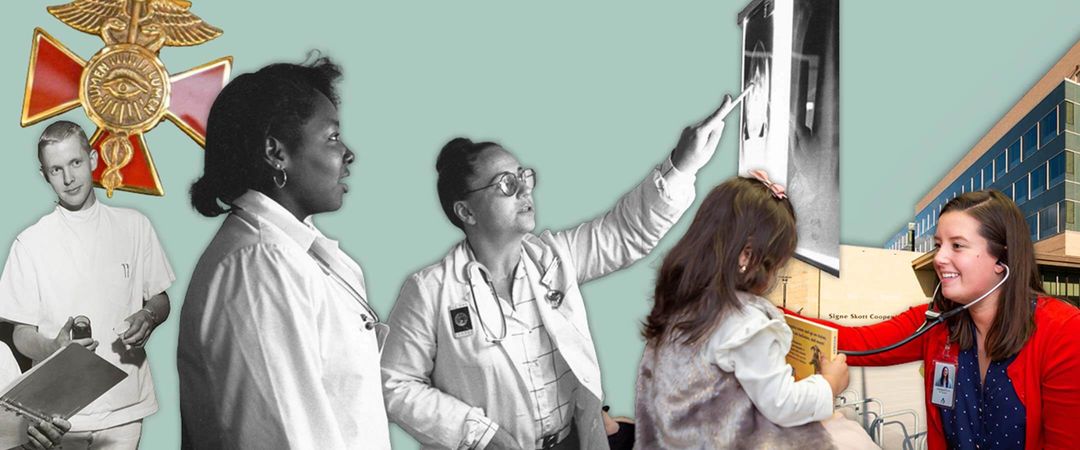J. Michael Collins, Professor of Public Affairs and Human Ecology
J. Michael Collins is an expert in family and household finance, specializing in studying how economically vulnerable families manage financial decisions. He earned a master's from the John F. Kennedy School of Government at Harvard University and a doctorate in policy analysis from Cornell University. At UW–Madison, he is faculty director of the Center for Financial Security, and he teaches in the La Follette School of Public Affairs and the School of Human Ecology.
What will you talk about on The UW Now?
Obviously our broader topic is inflation, which I think gets a lot of news, but for lower income families, their budgets are already pretty tight. When especially fuel and food costs go up, there's really not much they can do. Whereas a higher income person might be able to work a little more or cut back on something discretionary, if you got to drive to get to work and you got to feed your family, you just have to absorb those costs. The fact that airfares are up or the fact that people can't make as nice a vacation is less of an issue than somebody who's filling their tank with gas to get to work, and then realizing they don't have enough money to buy fresh fruits and vegetables.
If viewers take away just one or two points, what would you want them to remember?
The bigger picture is that we have to be careful in when we describe what's going on with the economy, that these are really hard choices that people are facing. And the fact the job market's doing great is great, but the fact that people are struggling to handle the price of their groceries is a real challenge. And I think that just is a hardship that really hurts people's financial wellbeing. This balloon's being squeezed so much for low income families that there's really nowhere to go. There's no nothing to cut back on anymore.
On the personal finance side, everyone's paying more for stuff and there are lots of strategies to deal with that, everything from shopping around to buying more in bulk or whatever, but we don't want people to do things that they'll regret in the long run. So for example, I could get by now that things cost more by using credit cards, but interest rates are going up. And if I can't pay those credit cards off, I'm going to be paying a higher and higher interest rate.
To get smart fast on this topic, what should people read?
The New York Federal Reserve Survey covers people's economic expectations. And listen to the podcasts from the Economist.






